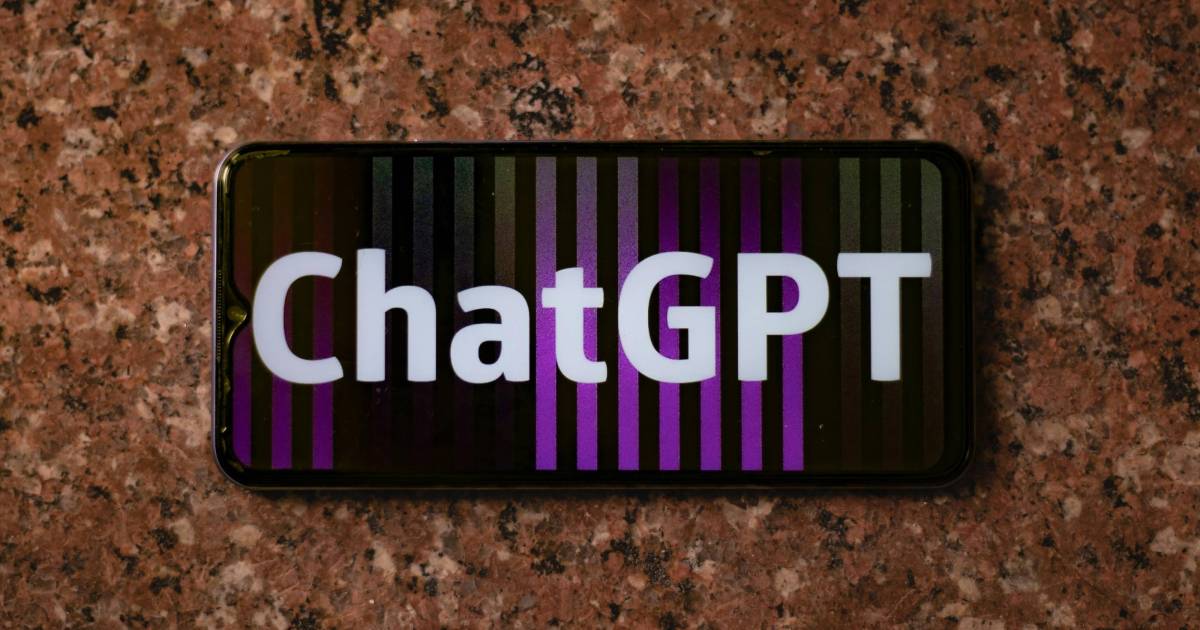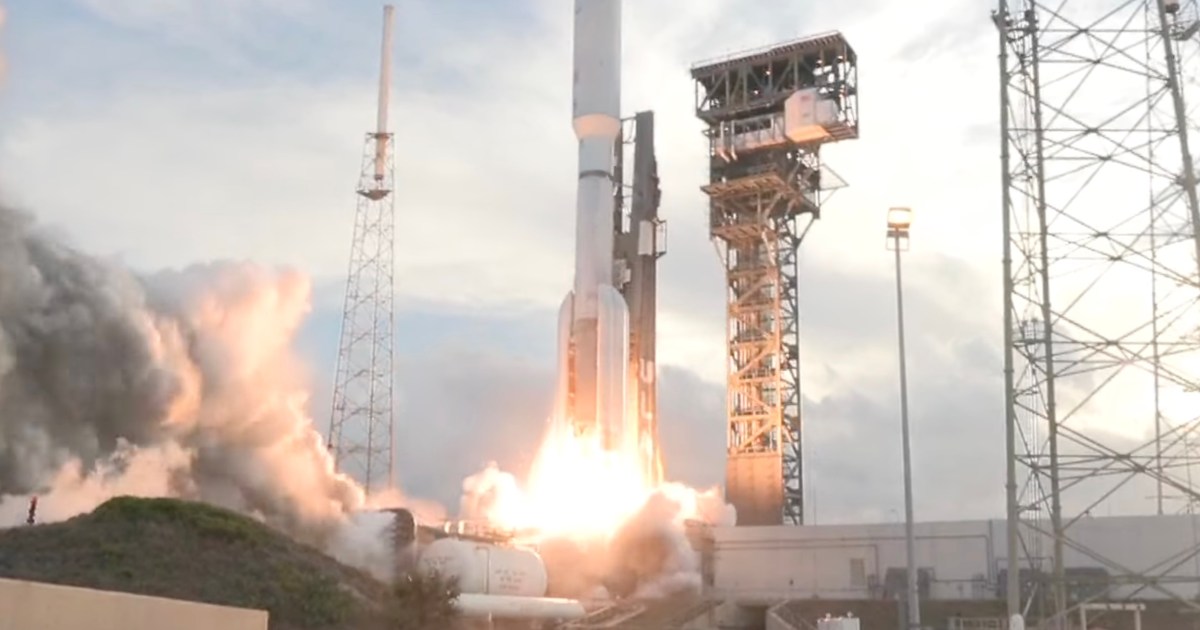Mountainhead writer and director Jesse Armstrong reveals a unique approach to crafting his new HBO film, admitting he’s “scraping back” at AI companies by using their methods. This comes as Armstrong voices concerns that AI firms have likely scraped his own material to train their large language models, setting an ironic stage for his tech-centric satire.
Mountainhead: Satirizing Tech with Its Own Tactics
Mountainhead, premiering on HBO this weekend, is a dark satire following tech billionaires who retreat to a secluded mountain lodge during a global crisis—a crisis exacerbated by their own creations, including highly convincing AI-generated deepfakes and a social media platform that fuels misinformation and instability. To capture the authentic voices of these tech-bro characters, Armstrong, the acclaimed Succession showrunner, told the BBC’s The World Tonight that he “scraped” extensive online content. This involved analyzing “innumerable podcast and TED talks” from tech CEOs and founders to “help him shape the characters’ voices.”
Capturing the “Overweening Confident Voice”
Armstrong emphasized this research was crucial: “It was crucial for me to tune into their particular voices, partly the vocabulary, a bit the philosophy, the whole package of how they approach the world with this tremendous confidence.” He confessed this “overweening confident voice,” which he notes “lacks a certain amount of self-awareness,” was the “reason that I pitched the film because I couldn’t get that overweening confident voice out of my head.” It was a distinctive characteristic he found both compelling and humorously detached.
AI, Content Scraping, and Creative Futures
The practice of AI companies like ChatGPT creator OpenAI, Google, and Meta scraping online data to train their large language models (LLMs) is highly controversial. Creators are understandably upset about their content being used without permission, recognition, or payment. Regarding generative AI’s impact on his own creative industry, Armstrong commented that “eventually it will be able to do pretty much everything.” When asked if AI can already write as well as him, Armstrong laughed, saying, “People can judge for themselves,” adding, “At the moment, the part of it which is creative is somewhat limited. Their large language models are predictive and they give you a bit of what you want and a bit of what they think might come next so they’re pretty good at mimicry, not great at creativity.” He concluded, “But I’m sure that part will come.” [internal_links]
Conclusion
Jesse Armstrong’s “scraping back” technique for Mountainhead offers a pointed commentary on the AI industry’s data practices and the ethical lines being navigated. As audiences anticipate the film, his insights highlight the complex, evolving relationship between human creators, technology, and the burgeoning capabilities of artificial intelligence. Mountainhead premieres on HBO on Saturday, May 31, promising a timely reflection on our tech-saturated world.










